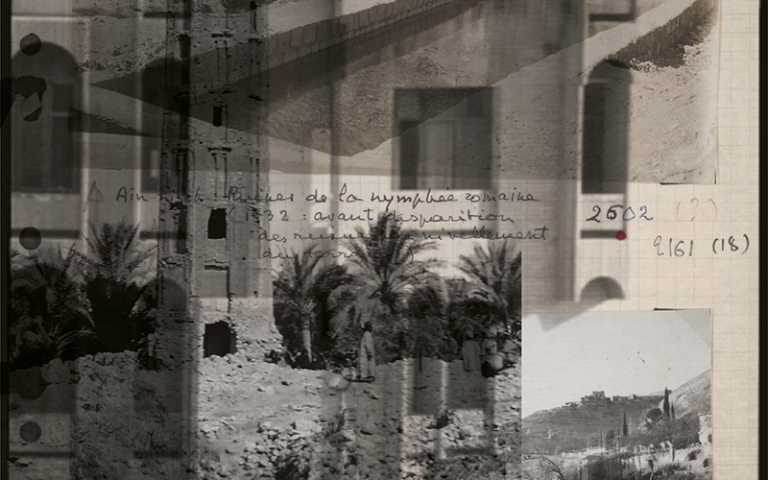Speakers
Ines Tazi
Ines Tazi is an architect from Casablanca based in London. She graduated from the Architectural Association in 2019 and is currently practicing in an architectural studio in London, while pursuing a master in gender studies focused in the global south and courses on diasporas in the contemporary world at SOAS. Her personal projects explore the politics of space and migration in correlation with body, gender, and cultural norms, combining research, writing, photography, and architectural design. Tazi's work was featured in Architecture of the Territory, an exhibition curated and organized by Collective for Architecture Lebanon in the context of OMRAN 2019.
Hanadi Samhan
Hanadi is an experienced urban practitioner who has dedicated her expertise to numerous urban development projects in the Middle East, with a specific focus on Saudi Arabia. She is currently in the final stages of completing her PhD at the Bartlett Development Planning Unit in London. Her doctoral research, titled "Voluminous Camps: The Case of Palestinian Refugee Camps in Lebanon," delves into the intricate dynamics of Palestinian camps. In 2007, Hanadi obtained her first master's degree from the American University of Beirut. Later, in 2019, she pursued her passion for building and urban design in development and earned her second master's degree from Bartlett. Her research interests extend across diverse domains, encompassing urban violence, space, and religiosity. As a refugee herself, hailing from Lebanon, Hanadi derives immense satisfaction from co-convening the Forum for Racialized and Ethnic Minorities at the Bartlett in London. This initiative serves as an inclusive platform within the Bartlett community, promoting support, knowledge exchange, cultural celebration, and solidarity. Hanadi's artistic pursuits provide her with fulfilment, and she is currently engaged in preparing for an upcoming exhibition. Her artwork explores the theme of female individuality within the context of displacement. Notably, Hanadi's work was featured in Architecture of the Territory as a contributing chapter.
Aseel Alyaqqub
Aseel AlYaqoub holds a MA in fine arts from Pratt Institute, New York (2015) and a BA from ChelseaCollege of Art, London (2009). She co-curated the Kuwait Pavilion at the 17th International ArchitectureExhibition at the Venice Biennale, (Space Wars) with Yousef Awaad, Saphiya Abu Al-Maati, and AsaielAlSaeed. AlYaqoub has participated in exhibitions including Foreman Gallery at Bishop’s University inCanada, The Media Majlis at Northwestern University in Doha, and the Sultan Gallery in Kuwait. Herwork and essays have been featured in various publications such asDeserts Are Not Emptyedited bySamia Henni,Iridescent Kuwait: Petro-Modernity and Urban Visual Culture Since the Mid-TwentiethCenturyby Laura Hindelang andPfeil Magazineby Montez Press. AlYaqoub's research-basedand interdisciplinary practice ranges from writing, drawing, and printmaking to video, sculpture,and performance. Various visual languages characterize her work, which is defined by her inquisitorialand academic approach that travels across the fields of history, architecture, and cultural sociology.Her explorations revolve around the inherited methodologies used for nation-building, the role of stateapparatuses in defining nationhood, and the nation's processes for self-identification after imperialdissolution and reattachment.

 Close
Close

